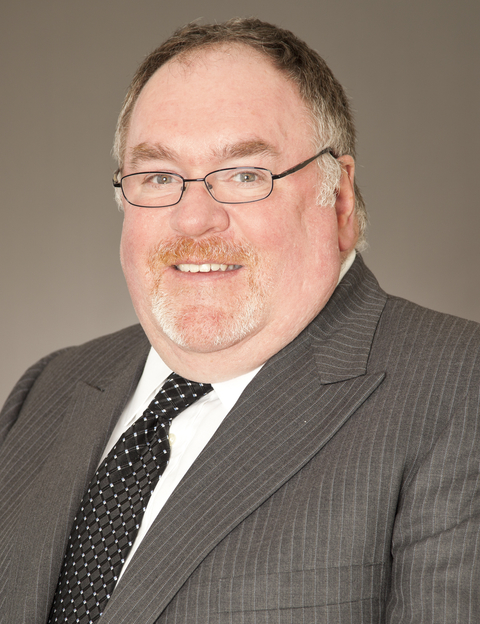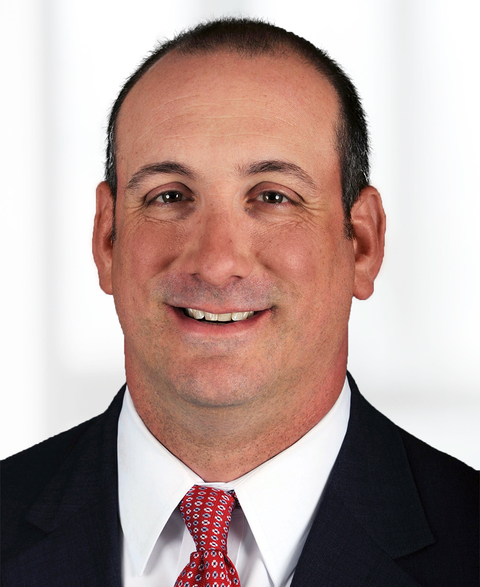Alex Azar can expect lots of questions from Senate Democrats today during his confirmation hearing about his ties to the pharmaceutical industry and how he'll reduce skyrocketing prescription drug prices. But a grilling is unlikely to unnerve him, according to a former colleague and friend of President Donald Trump's pick to replace Tom Price as secretary of the Department of Health and Human Services.

Azar, says Thomas Barker, is pragmatic, methodical and someone who pays an incredible amount of attention to detail.
Barker, partner and co-chair of the healthcare practice at Foley Hoag in the District of Columbia, was the deputy general counsel at HHS when Azar served as the general counsel. Later, they worked together when Azar became deputy secretary at HHS.
The two have kept in touch since they both left HHS, and Barker tells FierceHealthcare he considers Azar a friend.
RELATED: 10 things to know about former pharma executive Alex Azar, Trump’s pick for HHS secretary
“In terms of what it is like to work with and work for Alex, he is an incredibly intelligent individual,” Barker says. “He is probably the smartest person I ever worked for.”
Azar, who spent the greater part of the last decade as the head of pharmaceutical giant Eli Lilly, appears before the Senate Committee on Health, Education, Labor and Pensions for his confirmation hearing today.
Conflict of interest concerns "aren't black and white"
Senate Democrats have vowed to oppose the nomination and will likely call out Azar's close ties with the pharmaceutical industry, and, given that background, question him on how he'll tackle rising prices of prescription medications.
But Michael Strazzella, practice group leader of federal government relations for Buchanan, Ingersoll & Rooney, PC, says any conflict of interest charges should be taken with a grain of salt.

Although Strazzella doesn't know Azar personally, he told FierceHealthcare that it's nearly impossible in today's world for someone to gain healthcare experience without being involved in one industry or the other.
"You cannot bring in someone has experience within the healthcare industry without perception of a conflict. But that doesn’t mean there is a conflict," Strazzella says.
Barker says he expects that Azar would handle the drug price issue as he does everything—by taking a methodical and reasoned approach.
“I don’t think that it’s black and white. I don’t think it’s that simplistic that because he worked for the pharma industry he would keep prices high,” he says.
Like Barker, Strazzella believes Azar is the right person for the job.
“I thought he was an exceptional choice,” says Strazzella, noting Azar’s role in the national corporate space, his knowledge of healthcare and and awareness of the inner workings of HHS.
“From day one he’d be able to make sure HHS was moving forward operationally and that’s what you want to see." Barker imagines that, if confirmed, Azar will lead the agency by taking a reasoned approach to problems and solve them without a lot of drama.
"Incredible attention to detail"
When Azar served as the deputy secretary, then-HHS Secretary Michael Leavitt tasked him with reforming the regulatory process at the agency. Barker says Azar had a methodical way of getting regulations cleared through the department, a process that stayed in place through the Bush administration and part of Barack Obama's time in office.
For example, he says that if the Centers for Medicare & Medicaid Services wanted to get a new regulation in place, officials would brief all the key political officials at HHS to get approval before the regulation was sent to the Office of Management and Budget.
The process allowed everyone to weigh in on the regulation, a process that was helpful when the agency had to implement Medicare Part D, Barker says.
Barker also was impressed by the way Azar handled an issue that came up in the fall of 2003 when The Wall Street Journal published a series of articles about uninsured patients receiving astronomical bills from hospitals for procedures that would cost far less if the patient had commercial insurance.
In one of the articles, an executive from the American Hospital Association told the newspaper that hospitals couldn’t give uninsured patients discounts because Medicare rules prohibited the practice. Barker recalls that Azar read the article and asked Barker to look into whether that was true and to write an FAQ document that could provide guidance to hospitals on how they could give discounts to the uninsured.
“My experience during the process is that he really wanted to get into the weeds and why Medicare rules were the way they were,” Barker says. He remembers that Azar wanted to fully understand how Medicare operated when it was first implemented and to make sure any changes made were for a sound reason.
"It wasn’t a knee-jerk reaction done purely for political convenience,” says Barker, adding that Azar weighed in on every sentence in the FAQ brief. “It was incredibly well thought out and an incredible attention to detail.”
340B program controversy would test Azar early
Strazzella says that if Azar is confirmed, it will be interesting to see whether he takes a stand on the controversy over the scope of the 340B drug discount program, which has pitted hospitals and pharmaceutical companies against each other.
CMS has issued a final rule that slashed payments for 340B by more than $1.6 billion. It changed the payment rates from up to 6% more than the average sales price for a drug to 22.5% less than the average sales price. The prior rate has been a longstanding Medicare policy of more than two decades.
Three major industry groups—the American Hospital Association, the Association of American Medical Colleges and America's Essential Hospitals—are suing CMS over the changes.
With a Trump administration that's not supportive of the 340B program, Azar will have to maneuver a tricky situation, Strazzella says.
“I’m curious to see how he handles all of this,” he adds, noting that Azar will have to quickly address—and balance—the concerns of the administration, hospitals and the pharmaceutical industry.